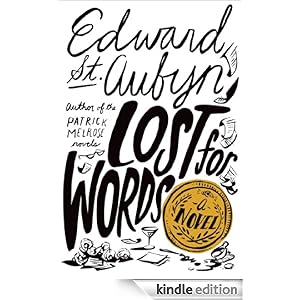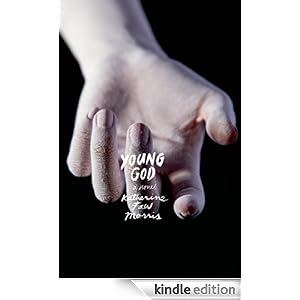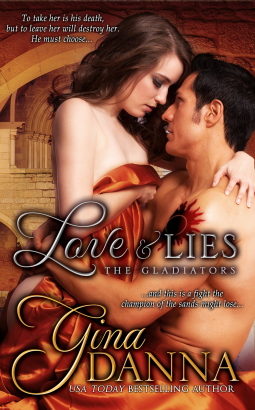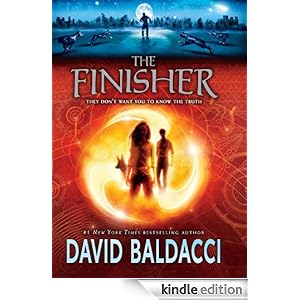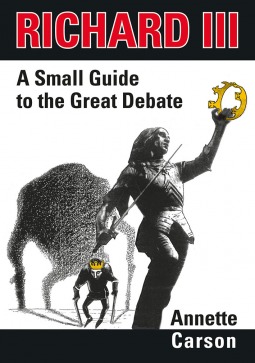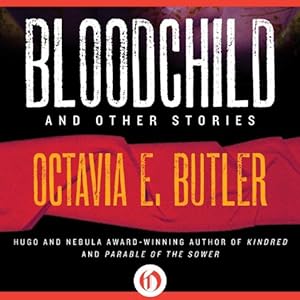The Otter, the Spotted Frog and The Great Flood
A Creek Indian Tale
Gerald Hausman
Wisdom Tales
The Otter, the Spotted Frog and The Great Flood, according to the author's note, is a Creek Indian folktale, specifically, but universal Native American tale about a flood. Gerald Hausman states that they are intended as moral lesson about taking care of the Earth.

Otter listens to Spotted Frog who says there will be a great flood. Otter Woman and other animal people do not listen because their leader, Honors, says no flood will come. Otter is the only one prepared and all other animal people perish.
When the flood recedes, the animal people are now mosquitoes, and Otter agrees to take on Otter Woman in this form. She drains his blood and he becomes weak, so she fishes for him, but this doesn't help. When she fishes again, she is eaten, and Otter plans to eat the fish in revenge, but the Spotted Frog says that Otter Woman is now the fish. She transforms again into human form. Otter, too, transforms. They become the First People. They are happy.
I agree with Hausman that this first section (second paragraph above) may be a tale of early environmentalism, but the story keeps going, so that interpretation may be dubious. Rather Nature may be more of a model. It changes, so too should we listen and adapt to changes. One day, little animal (a parent may have tried to convey to their child) you will be one thing, but as you age, you transform until you gradually become more human.
It is interesting to read and hear the wisdom that other cultures have passed on to their children. You might come up with something different, but it, nonetheless, might prove useful to talk with children about these unknown, even scary future changes. As a teacher, I too wonder how I will convey the good and the difficult that lie in wait for my students. This story may well be worth discussing with the future generations to come.


